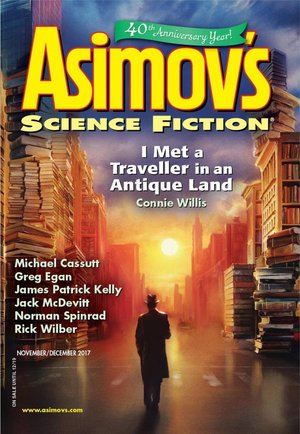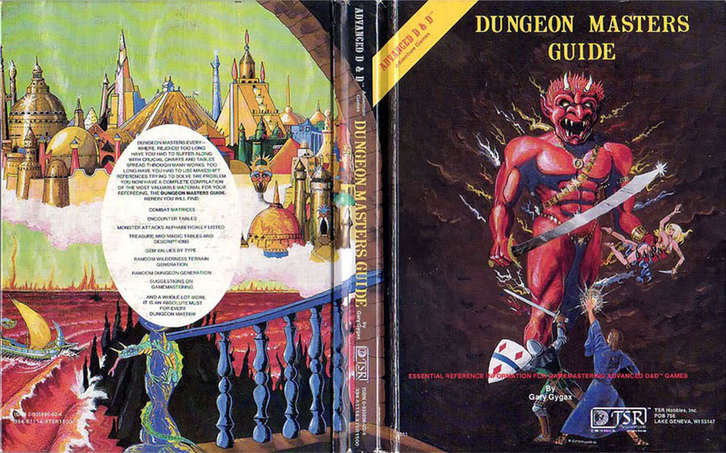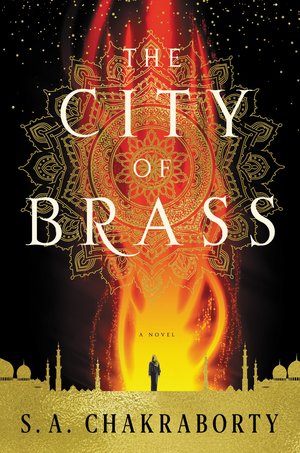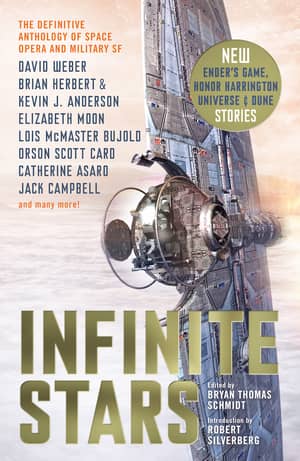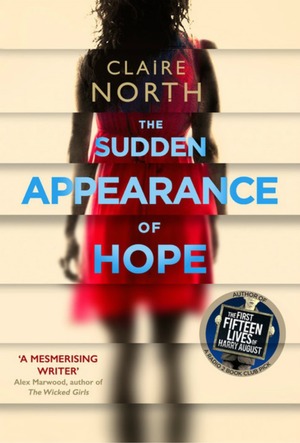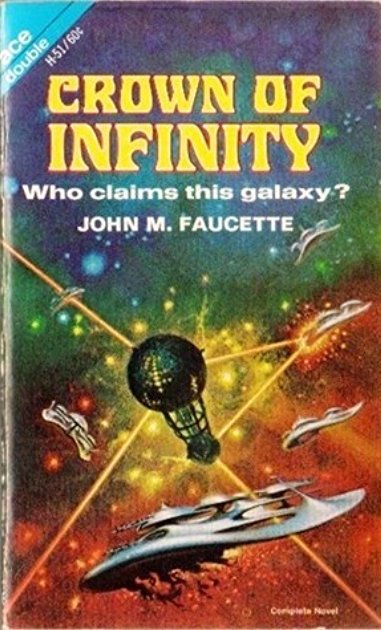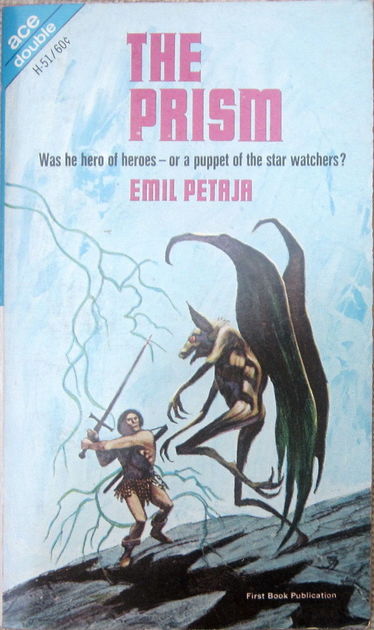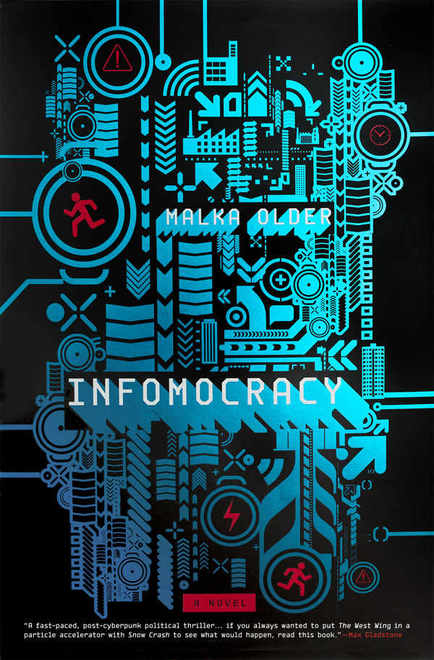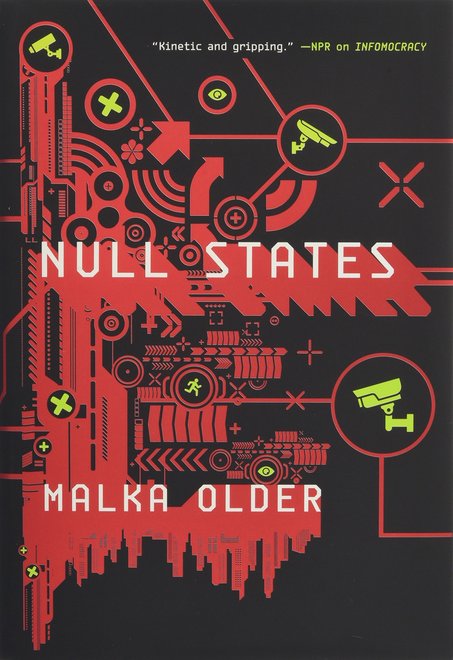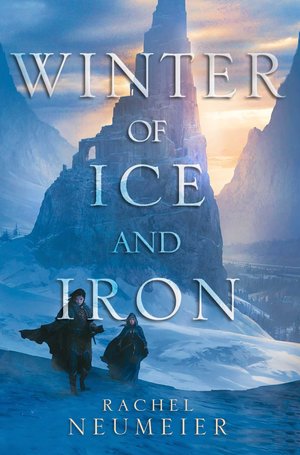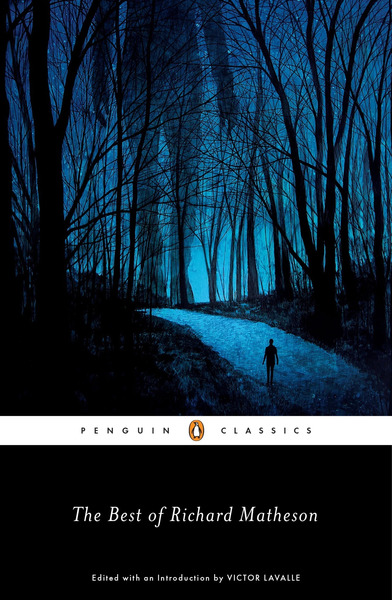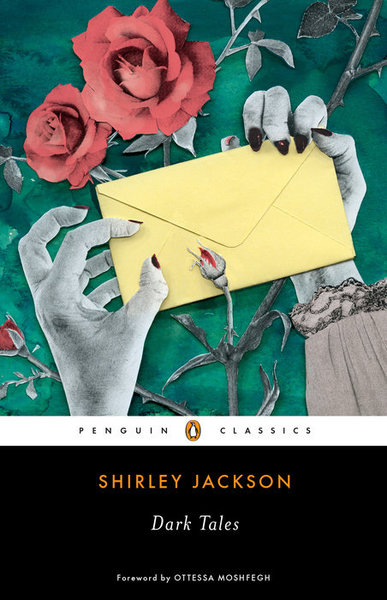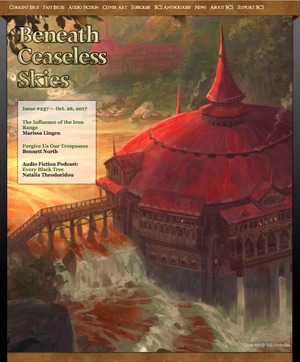Dark Osprey: The Shadowy Worlds of Cthulhu, Alien Bug Hunts, and a Nazi Moonbase
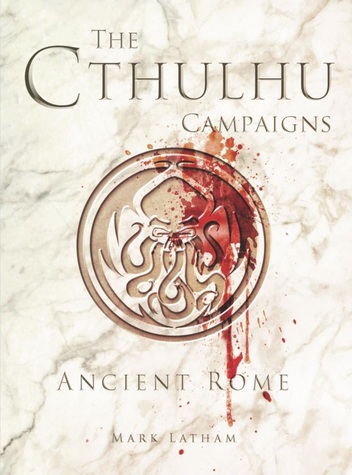 |
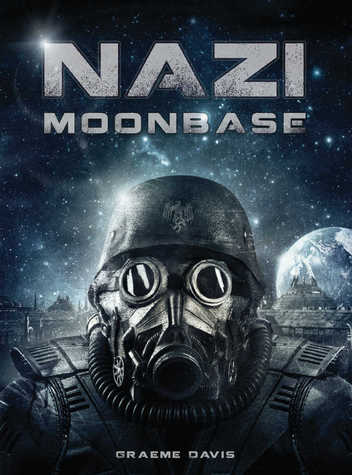 |
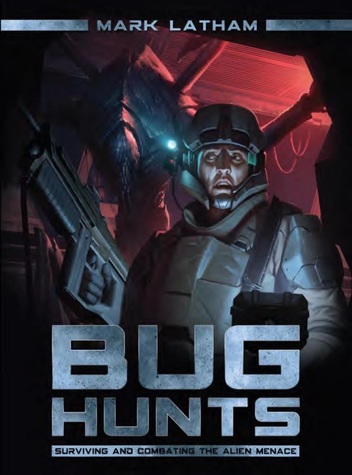 |
Over the last forty years Osprey Publishing has built up a sterling reputation for its long running series of illustrated military history books. Role-players, wargamers, and even casual readers like me have enjoyed them, and used them as reference guides.
Black Gate author Joseph McCullough joined Osprey a decade ago, and since then Osprey has produced a growing volume of books of interest to gamers and genre fans alike, including Steampunk miniatures rules (In Her Majesty’s Name), the Frostgrave tabletop skirmish game, and the Osprey Adventures line. But most interesting to me is Dark Osprey, a series of marvelously imaginative and well-illustrated tomes that serve as excellent setting books for the RPG of your choice.
While Joe was written several, they’ve also recruited a handful of other top-notch authors, including Warhammer author Graeme Davis, Trail of Cthulhu scribe Kenneth Hite, novelist Mark A. Latham (The Lazarus Gate), and others. So far they’ve published over a dozen, including The Cthulhu Campaigns Ancient Rome by Mark Latham, Nazi Moonbase by Graeme Davis, and Bug Hunts: Surviving and Combating the Alien Menace by Mark Latham.
